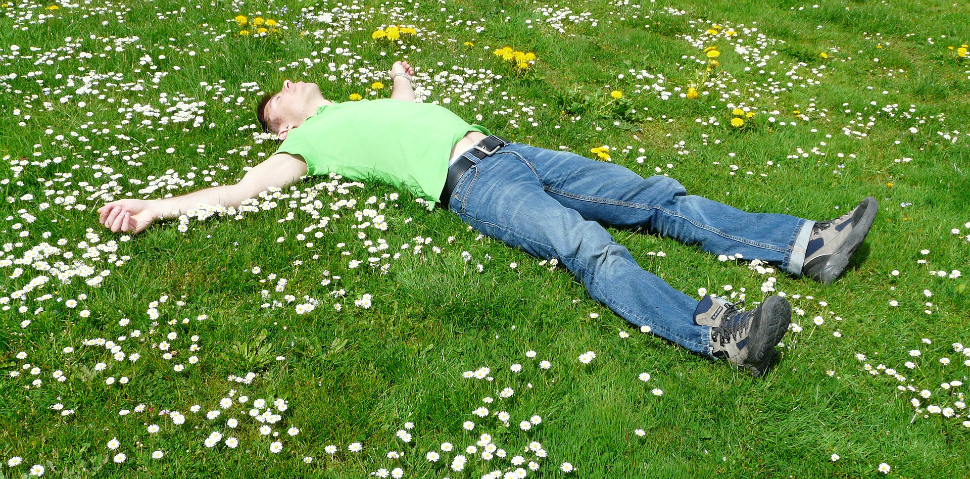BTN.com LiveBIG Staff, April 12, 2017
Chances are, like most Americans, you don?t get enough sleep. Most research says we need 7-9 hours of sleep per night, but in reality about 40% of us get *checks Fitbit* less than that. This is a shame. Sleep?s important says your mom and doctors because it helps prevent all kinds of terrible diseases.
If twenty minutes in a hammock on a summer day doesn?t convince you, maybe Michigan and Maryland will. According to their latest work, sleep helps support your mind?s ability to make memories and your body?s efforts to fight off deadly pathogens.
The Christmas-tree-light theory of sleep deprivation
Let?s go to Michigan first where doctoral student Nicolette Ognjanovski in the Molecular, Cellular and Developmental Biology department has been leading research into mice and which parts of their brains helped form task-related memories. Researchers knew sleep deprivation prevented the hippocampus from forming long-term memory, but weren?t sure why. It turns out the process is similar to the way an entire strand of Christmas lights will go out if only one of them is damaged.
The Michigan researchers inhibited a group of neurons in the CA1 section of the hippocampus from releasing parvalbumin which, in turn, affected the neurons around those cells from functioning properly which caused problems with memory retention. It wasn?t turning off certain cells that caused the problem, it was the butterfly effect of those cells on the whole batch.
"The dominant oscillatory activity, which is so critical for learning, is controlled by a very small number of the total cell population in the hippocampus," said Ognjanovski, also a first author of the study. "This changes the narrative of what we understand about how networks work. The oscillations that parvalbumin cells control are linked to global network changes, or stability. Memories aren't stored in single cells, but distributed through the network."
Naps: 1; Fungus: 0
As for Maryland, they?ve been studying how often fruit flies nap. The flies that nap more often had a more pronounced ability to fight off ?the deadly pathogenic bacteria Pseudomonas aeruginosa? as well as a certain kind of fungus.
?We found that flies resistant to the fungus were also resistant to the Pseudomonas bacteria and that the most resistant flies were those that tend to take lots of naps,? said senior author Raymond St. Leger, a Distinguished University Professor in UMD?s department of Entomology, which is part of both the university?s College of Agriculture and Natural Resources and its College of Computer Mathematical and Natural Sciences. ?We speculate that frequent naps charge up the immune system allowing the fly to meet new disease challenges when it?s awake.?
So the next time someone is hassling you about a quick couch grab, just ask them whether they?d prefer you get infected by the deadly patohgenic bacteria Pseudomonas aeruginosa instead.
Incidentally, if you?re into short-form documentaries about bugs and the 70s, Dr. Leger makes an appearance in this excellent Retro Report about Rachel Carson, the book Silent Spring and why DDT is a less effective form of pesticide than we think.







